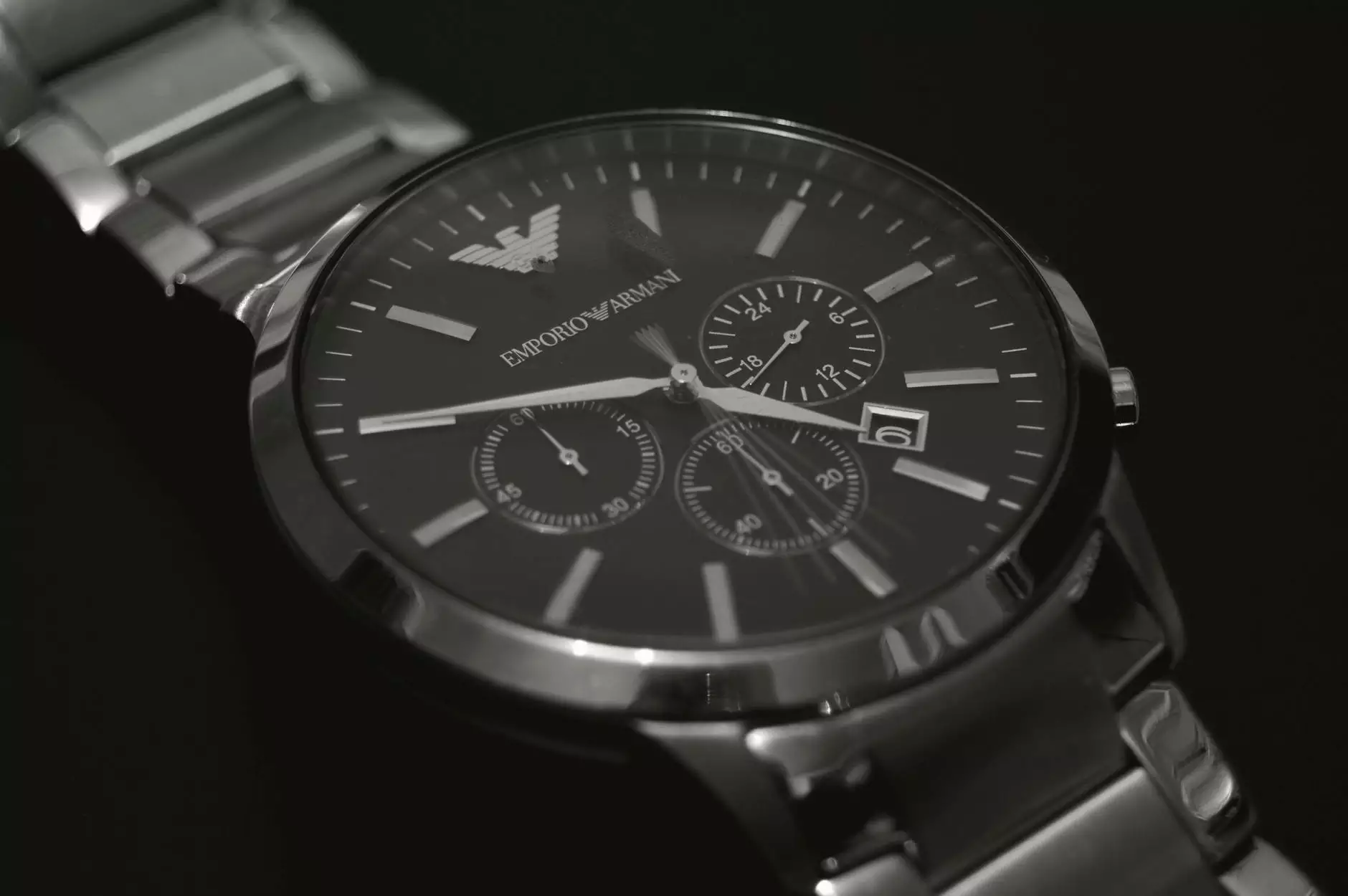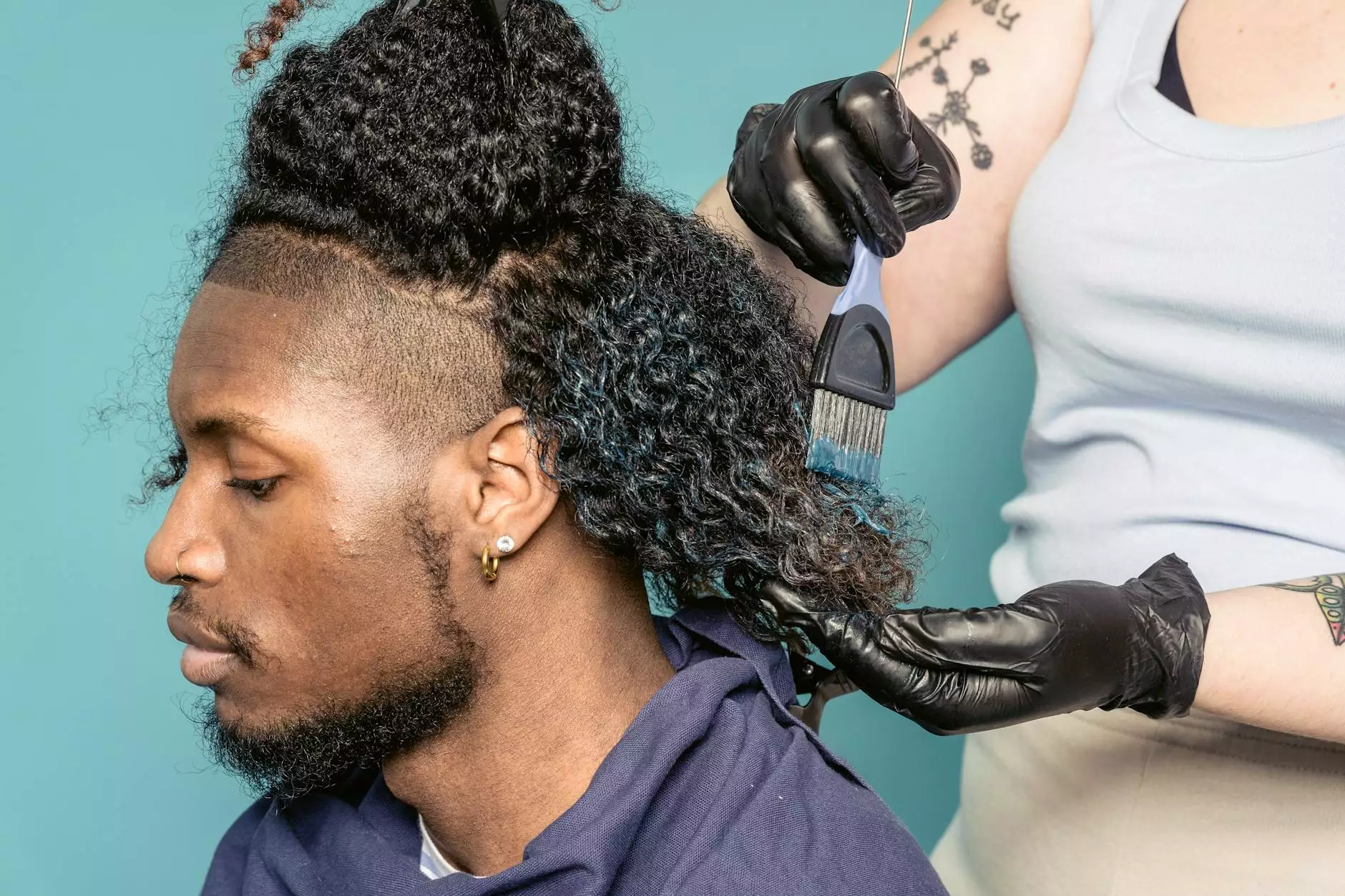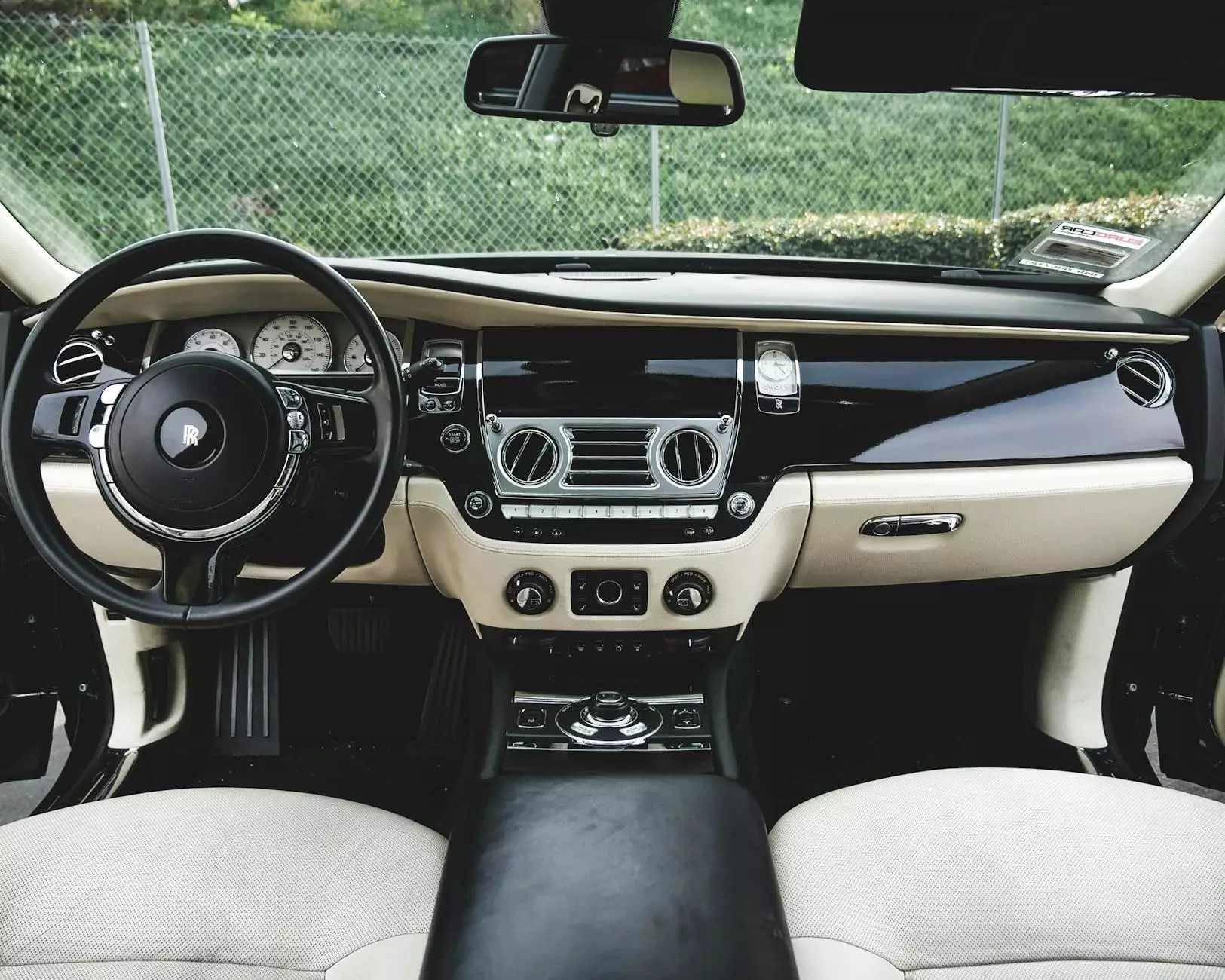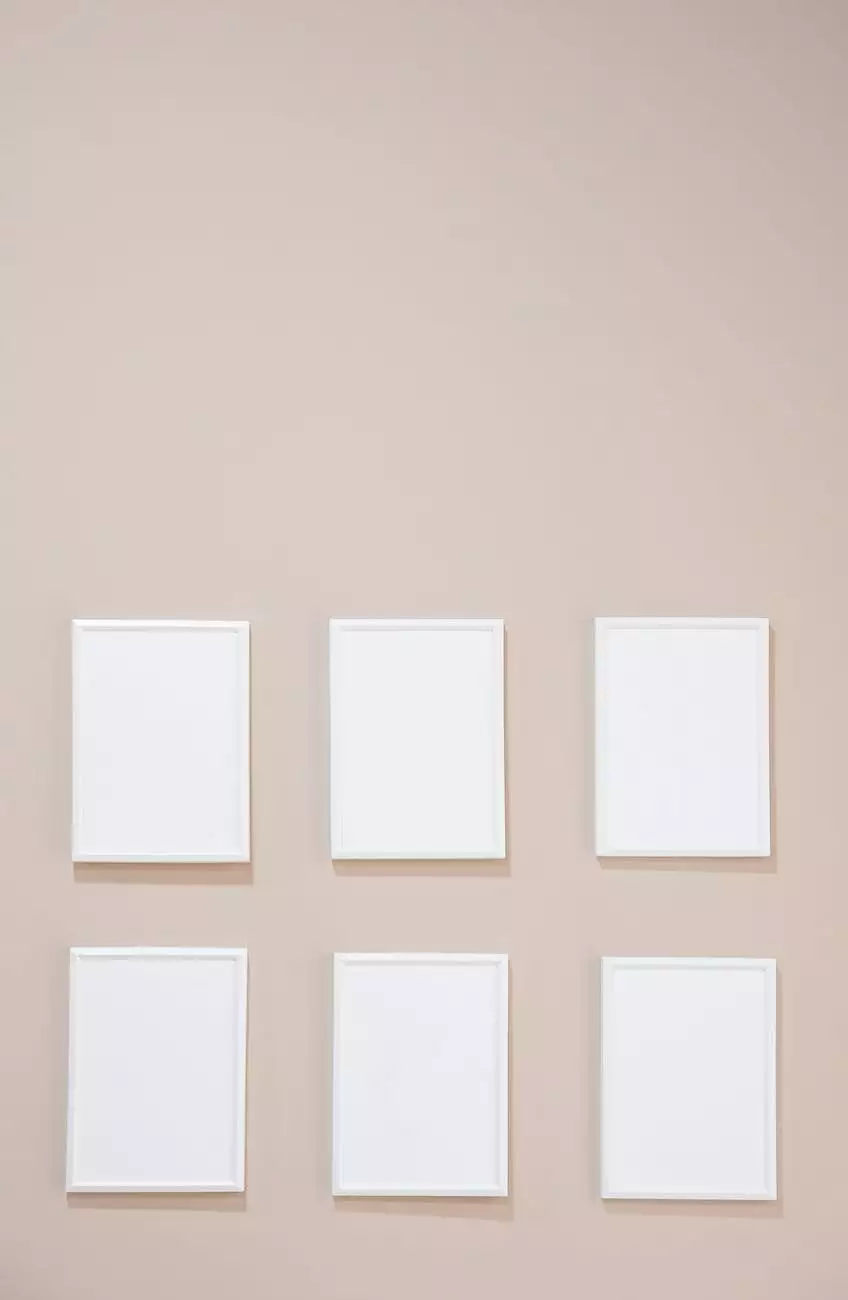How can I be sure my watch isn't being over wound? - WOLF

The Importance of Proper Watch Care and Maintenance
When it comes to your prized timepiece, proper care and maintenance are essential to ensure its longevity and accurate timekeeping. As an avid watch enthusiast, you may have wondered about the risks of overwinding your watch, and how to prevent this damaging practice. At WOLF, we understand the significance of quality watch care, which is why we are here to provide you with expert advice and solutions. In this comprehensive guide, we will explore the dangers of overwinding, how to identify overwound watches, and most importantly, how to ensure that your watch isn't being overwound.
The Dangers of Overwinding
Overwinding a watch can lead to various complications that may require costly repairs or even render your timepiece unusable. One of the primary dangers of overwinding is the potential damage it can cause to the delicate internal mechanisms of your watch. The mainspring, which powers the watch, can become overstressed when the winding mechanism is turned excessively. This excessive tension can cause the mainspring to break or weaken over time, leading to inaccurate timekeeping or complete failure of the movement.
Additionally, overwinding can put unnecessary strain on other components, such as the balance wheel and escapement, which are responsible for regulating the watch's timekeeping. Excessive winding can disrupt this delicate balance and cause erratic timekeeping or even the complete stoppage of the watch. Moreover, overwinding can cause damage to the crown and stem mechanism, making it difficult to set the time or date, further affecting the overall functionality of your timepiece.
How to Identify an Overwound Watch
Identifying an overwound watch can be crucial in preventing further damage and seeking timely repairs. Fortunately, there are a few signs that can indicate whether your watch has been overwound:
- Unusual resistance when winding: If you experience increased resistance while winding your watch or notice that the crown feels stuck, it may be a sign of overwinding.
- Visible tension in the mainspring: Through careful observation, you may be able to see the mainspring tightly wound, creating a visible tension within the movement.
- Noise or irregular ticking: An overwound watch may produce unusual sounds, such as excessive ticking or irregular beats, indicating a potential issue with the internal mechanisms.
- Broken crown or stem: A damaged crown or stem can also point towards overwinding, as the excessive tension can lead to mechanical failure in these components.
Preventing Overwinding and Ensuring Optimal Watch Care
To safeguard your cherished timepiece from overwinding and extend its lifespan, here are some essential tips for proper watch care:
1. Familiarize yourself with the watch's winding mechanism
Understanding the winding mechanism of your watch is crucial in preventing overwinding. Different watches may have different winding systems, such as manual winding or automatic winding, and each requires specific knowledge to avoid overwinding. Consult your watch's user manual or seek professional advice to ensure you wind your watch accurately.
2. Follow the recommended winding instructions
Each watch manufacturer provides recommended winding instructions for their timepieces. Pay attention to these guidelines and avoid excessive winding beyond the recommended number of turns. Overwinding can cause irreversible damage, so ensure you adhere to the prescribed limits.
3. Invest in a quality watch winder
A watch winder is a useful device that can simulate the motion of your wrist to keep your automatic watch wound when it's not in use. This can prevent overwinding and ensure your watch is always ready to wear. WOLF offers a wide range of watch winders that are meticulously crafted to provide the perfect environment for your timepiece.
4. Service your watch regularly
Regular servicing by qualified watchmakers is essential for maintaining the optimal performance of your watch. During servicing, the watch will be inspected, cleaned, and lubricated to prevent any potential issues, including overwinding. Following the manufacturer's recommended service intervals will significantly minimize the risk of overwinding and extend the lifespan of your timepiece.
5. Handle your watch with care
Watches are delicate instruments, and rough handling can cause damage to their delicate internal components. Avoid vigorous shaking or dropping your watch, as these actions can dislodge or damage vital parts. When not in use, store your watch in a suitable watch box or watch roll to protect it from dust, moisture, and unnecessary wear.
6. Consult professionals for repairs and maintenance
If you suspect that your watch has been overwound or encounter any issues with its performance, it is crucial to seek professional help. Entrusting your timepiece to experienced watchmakers who specialize in your watch's brand will ensure that it receives the necessary care and repairs, minimizing the risk of further damage.
Conclusion
Properly caring for your watch is an investment in its longevity and accurate timekeeping. By understanding the dangers of overwinding and following the preventive measures outlined in this guide, you can protect your watch from unnecessary damage and ensure it continues to be a reliable companion for years to come. At WOLF, we are dedicated to providing you with the knowledge and solutions to optimize your watch care routine. Explore our wide range of watch accessories and expertise to enhance your watch ownership experience.










